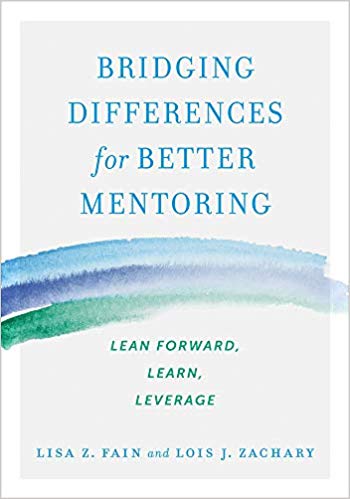Dealing With Impostor Syndrome When You’re Treated as an Impostor

By The New York Times Kristin Wong June 12, 2018
Impostor syndrome is not a unique feeling, but some researchers believe it hits minority groups harder.
Last May, I walked into a room of impeccably dressed journalists at a media event in Los Angeles. I tugged on my pilly cardigan and patted down my frizzy bangs.
When a waiter presented a tray of sliced cucumbers and prosciutto and asked, “Crudité?” I resisted the temptation to shove three of them into my mouth and instead smiled and replied, “No, thank you.” I was focused on the task at hand: pretending not to be a fraud among this crowd of professionals.
Ironically, I was at the event to interview someone about impostor syndrome.
The psychologists Pauline R. Clance and Suzanne A. Imes coined the term in 1978, describing it as “internal experience of intellectual phoniness in people who believe that they are not intelligent, capable or creative despite evidence of high achievement.” In other words, it’s that sinking sense that you are a fraud in your industry, role or position, regardless of your credibility, authority or accomplishments.
This is not a unique feeling, and it hits many of us at some point in our lives. But some researchers believe it hits minority groups harder, as a lack of representation can make minorities feel like outsiders, and discrimination creates even more stress and anxiety when coupled with impostorism, according to Kevin Cokley, a professor of educational psychology and African diaspora studies at the University of Texas at Austin.
Read the full article here.
Now Available!
MORE FROM OUR BLOG
The Learning and Mentoring Connection
Without the presence of learning, mentoring doesn’t exist. It is the purpose, the process, and the product of a mentoring relationship. Because learning is so central to mentoring, it is essential that mentors understand their mentees as learners. Mentors need to know...
7 Big Payoffs from Mentoring Training
Why should you invest in mentoring training? The biggest reason is that when it comes right down to it, most people are unprepared or underprepared for their mentoring roles. Without competency and comfort in the role, it is hard to feel confident and to be...
Make Mentoring Time a Priority
It’s holiday time and gift-giving is on everyone’s mind. But how about those intangible gifts that are not wrapped up in packages and tied with a bow? Time is one of them. When you carve out the time to mentor someone it is indeed a very special gift. Your...



